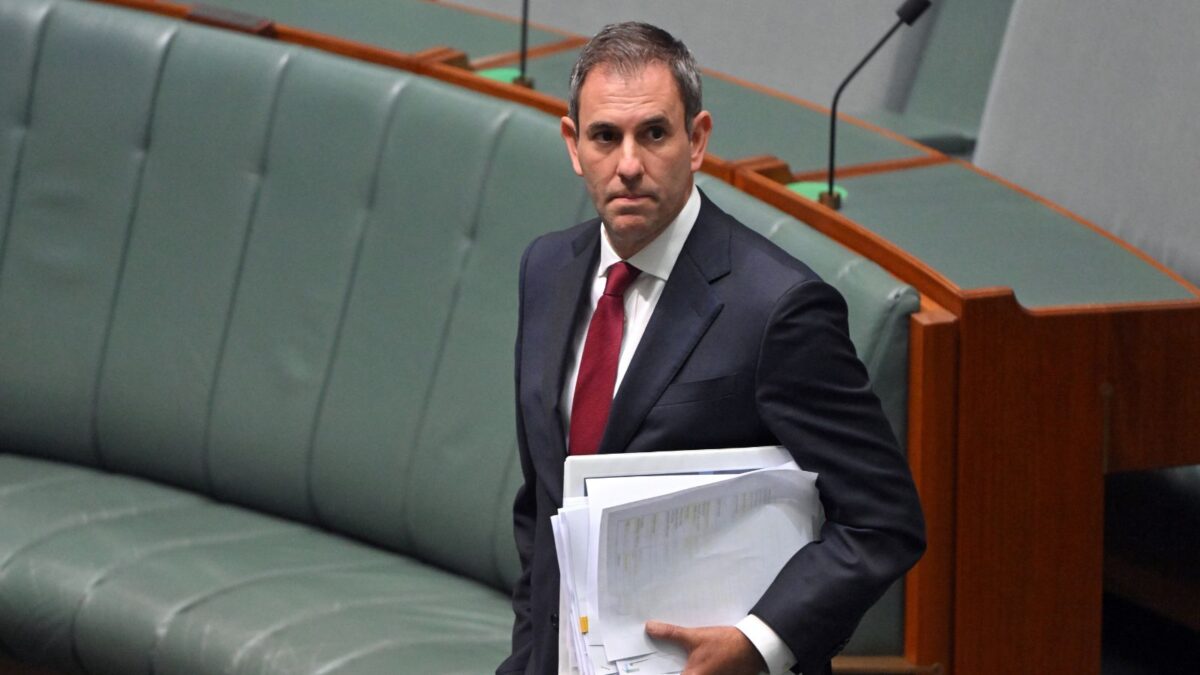Out with the old, in with the new as YFYS put up for review
News this week that Your Future, Your Super (YFYS) is once again being placed under review will be cause for exasperation in some corners of the superannuation system. Since its introduction in 2020 it’s been poked and prodded by successive governments and, despite some outcomes that are, at face value, good – including fee reductions and the removal of ‘underperforming’ funds – it’s no closer to being a well-designed piece of regulation. But commence another review they shall.
“The performance test has played an important and welcome role in superannuation – that’s acknowledged on all sides,” Treasurer Jim Chalmers said following his recent Investor Roundtable, which brought a number of big super funds together in Canberra.
“We need to make sure that that is designed in a way that it’s intended to, and in a way that doesn’t deter investment in important areas. And so all we’ve agreed today is that we would do some more work on that, some more consultation and collaboration on that.”
Labor ministers have on multiple occasions flagged that they consider YFYS a work in progress, with financial services minister Stephen Jones saying that there would be further changes following updates made to benchmarks and the measurement period earlier this year. Jones called those changes “an initial response” and also said that there would be more work done to make sustainable investing more viable within the constraints of the test.
“We want to ensure that there is an alignment between what we’re expecting in the short-term and where we know markets are going in the long term, and we want to ensure that there are not unintended consequences or perverse outcomes in the way we’re currently measuring fund performance,” Jones said.
Where the focus has been since the roundtable is on potential accommodations for the assets that the government wants funds to invest in – renewable energy infrastructure that might have long development periods, and affordable housing, which does not comprise a large chunk of the relevant benchmark, eating into funds’ tracking error budget.
“There are concerns that the current test may be influencing investment decisions to the detriment of member outcomes, including discouraging investment in asset classes that can strengthen the economy, such as in housing and the net zero transformation, even where it would be in the best financial interests of members,” Chalmers said.
This was always the true idiocy of YFYS, which is that superannuation is a long-term investment while YFYS fixed the attention of investment teams in the very short-term. While it’s possible to infer from Chalmers’ statements that what could be on offer is a carve-out, adjusting the benchmarks to account for non-income producing assets over their development periods is not a herculean task; neither is making a like-for-like substitution based on what performance data is available for affordable housing. Another potential change to the test that’s also been flagged is a shift away from a “strict performance benchmark” – but towards what, nobody at this time knows.
These changes would represent fairly modest tweaks to what the government still believes is a good bit of regulation. Whether super funds as a group have the appetite to invest in affordable housing – and whether it can be further de-risked through investment alongside the government – is another matter altogether.











